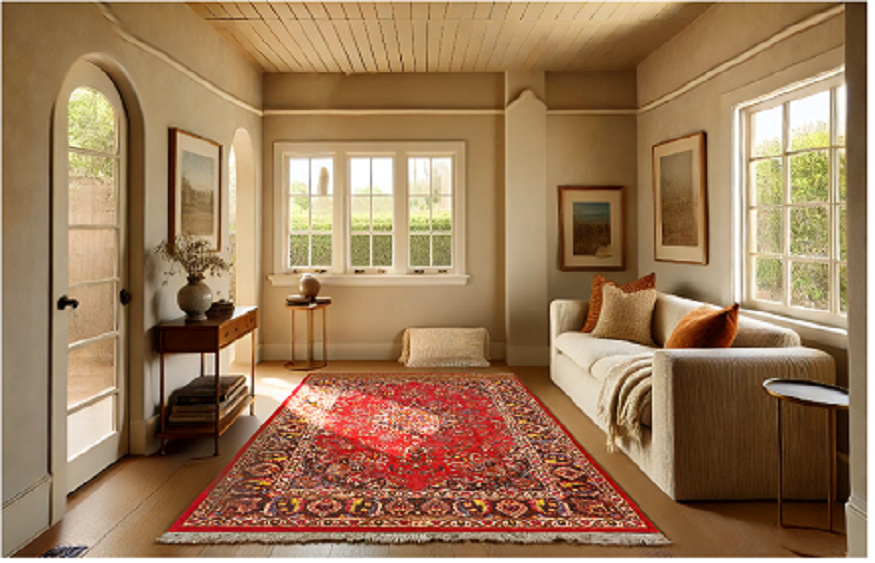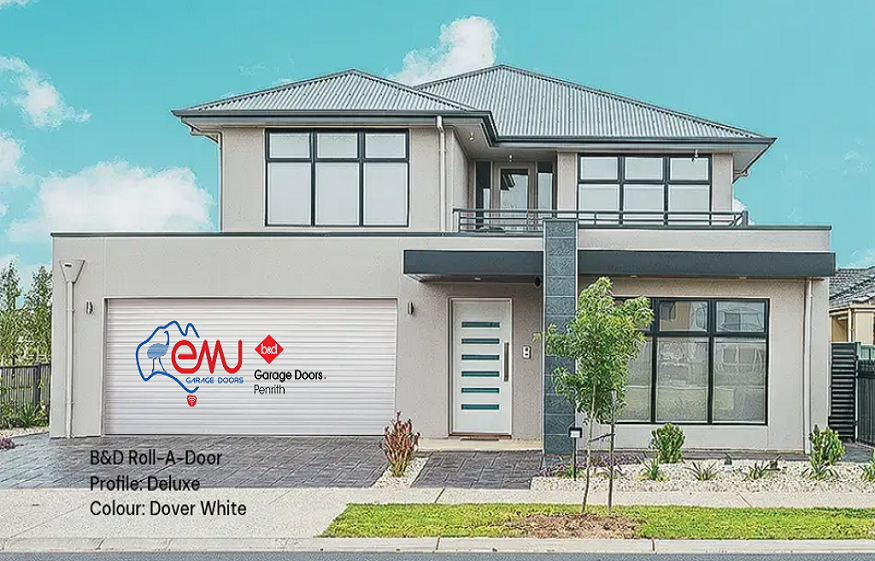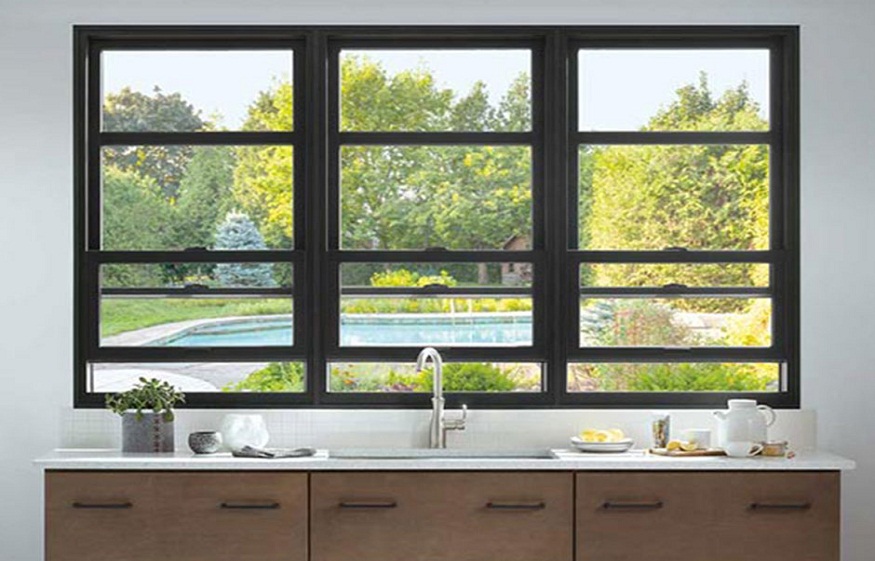The Smart Guide to Buying Wholesale Antique Rugs: Adding History and Charm to Your Home
In the realm of home decor, few elements bring as much elegance and history as antique rugs. These pieces not only serve as functional floor coverings but also as storytellers of rich cultures and traditions. For those interested in acquiring these masterpieces, understanding the nuances of buying wholesale antique rugs is essential. This guide will walk you through the process, ensuring you get authentic, high-quality pieces that will add warmth and character to any room.
The Allure of Antique persian Rugs
Antique rugs, especially those hand-knotted and hand-made, are prized for their exquisite craftsmanship and unique designs. Unlike mass-produced carpets, each antique rug is a testament to the skill and artistry of its creator. The intricate patterns and vibrant colors often tell stories of the regions they come from, making them not just decorative items but also conversation starters.
Why Choose Wholesale?
Buying wholesale antique rugs can be a cost-effective way to acquire these valuable pieces. Wholesale purchases typically offer better prices than retail, allowing you to invest in quality without breaking the bank. Additionally, buying in bulk is beneficial for interior designers or retailers looking to offer their clients or customers unique, high-quality options.
What to Look for in Antique Rugs
When purchasing antique rugs, especially from wholesalers, there are several factors to consider to ensure authenticity and quality:
1. Material Quality
The material of the rug significantly affects its durability and appearance. Most antique rugs are made from wool, silk, or a combination of both. Wool rugs are known for their durability and warmth, while silk adds a luxurious sheen and intricate detail to the patterns. Hand-knotted and hand-made rugs are often the most sought after due to their superior quality and longevity.
2. Authenticity and Origin
Authentic antique rugs come with a history. Understanding the origin of the rug can provide insights into its design and craftsmanship. For instance, a persian Mashad carpet is renowned for its intricate floral designs and deep color palettes, characteristic of the Mashad region’s weaving tradition. When buying, ensure that the rugs come with documentation or certification verifying their authenticity and origin.
3. Condition and Restoration
While some wear and tear are expected in antique rugs, excessive damage can affect their value. Inspect rugs carefully for signs of repair or restoration. A well-restored rug can maintain its value, but poorly executed repairs can diminish it. Look for even pile height, secure edges, and vibrant colors as indicators of a well-maintained rug.
Incorporating Antique Rugs into Your Home
Antique rugs are versatile pieces that can enhance the aesthetic of various rooms in your home. Here’s how you can incorporate them:
Living Room:
A large antique rug can serve as the centerpiece of your living room, tying together different furniture pieces and creating a warm, inviting atmosphere. Consider a Mashad carpet for its elegant floral patterns and rich colors, which can add sophistication and depth to your space.
Dining Room:
In the dining room, an antique persian rug can anchor the table and chairs, providing a cozy setting for meals. Opt for rugs with darker hues or intricate designs to hide spills and stains effectively.
Bedroom:
Antique rugs can add a touch of luxury to your bedroom. Place a rug partially under the bed to create a soft landing spot and enhance the room’s overall comfort and style. A hand-knotted, silk-blend rug can add a sense of opulence and warmth.
Where to Buy Wholesale Antique persian Rugs
When looking to buy wholesale antique rugs, choosing a reputable supplier is crucial. Websites like Carpetship.com offer a wide range of authentic Persian carpets and rugs, including Mashad carpets and other sought-after designs. By purchasing from trusted sources, you ensure that you’re investing in genuine pieces that will retain their value over time.
Tips for a Successful Purchase
Research: Understand the different types of antique rugs and their characteristics.
Ask for Documentation: Always request authenticity certificates or documentation.
Inspect Carefully: Look for signs of wear, repairs, and quality of materials.
Negotiate: Don’t hesitate to negotiate prices, especially when buying in bulk.
Conclusion
Adding antique rugs to your home is more than just a decor decision; it’s an investment in art and history. By purchasing wholesale antique rugs, you can enjoy these beautiful, hand-made pieces at a more affordable price, while also offering a unique charm to your home. Whether you’re a homeowner or an interior designer, these tips will help you make informed decisions and find the perfect rugs that reflect your taste and style.



